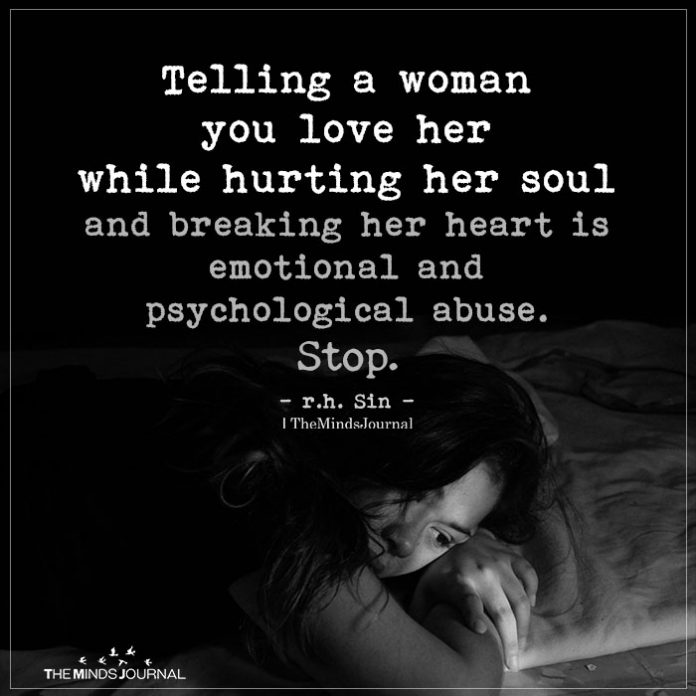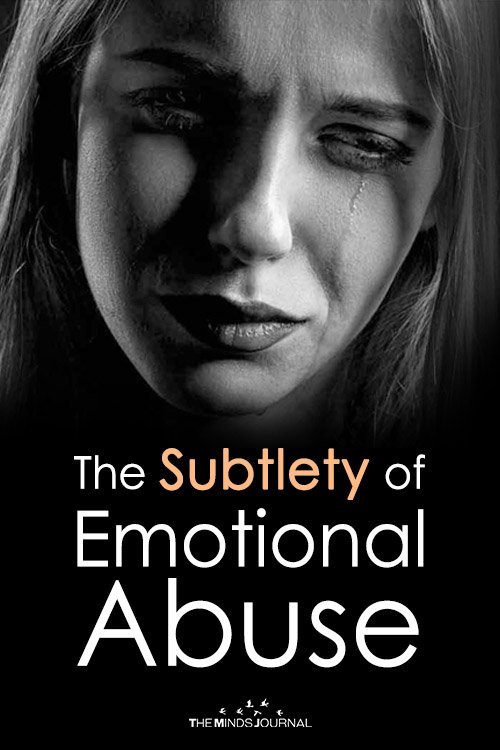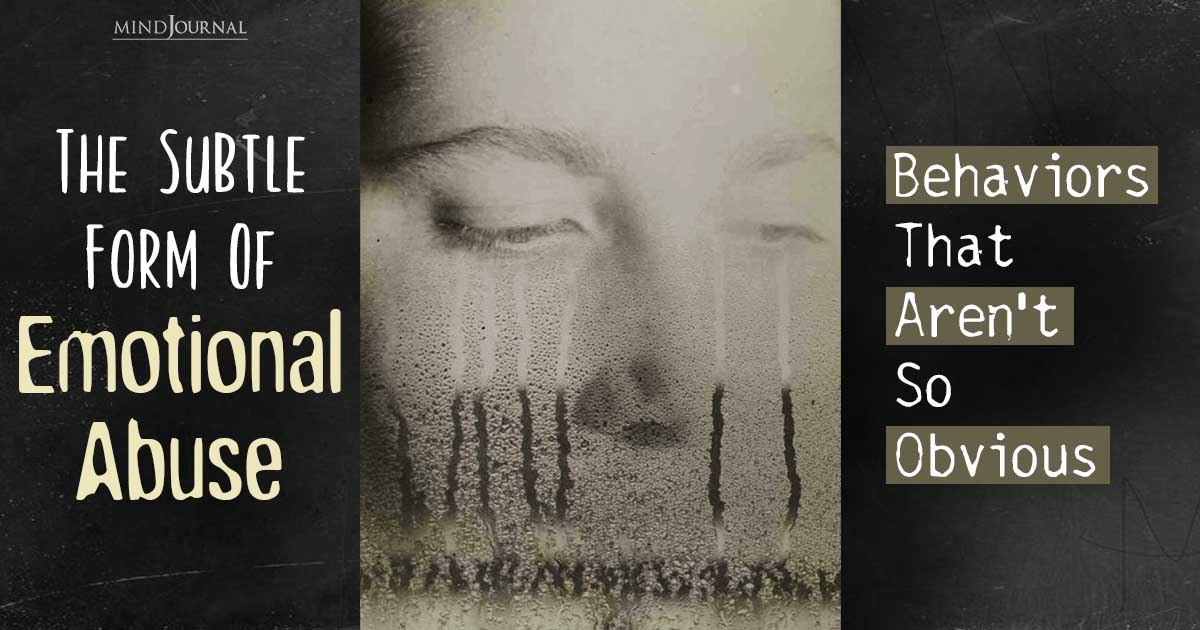Subtle emotional abuse is exactly like it sounds. When you react, the person who is emotionally abusing you might try to pin it on you and make you out to be overdramatic and attention-seeking, but you are being anything but that.
Women aren’t crazy—we simply have feelings and have every right to express them without being invalidated or labeled as crazy.
Yashir Ali wrote an awesome article for The Good Men Project, called ‘Why Women Aren’t Crazy’, that was pivotal for me.
Learn The The Subtle Emotional Abuse – Things That Aren’t So Obvious
Have you ever heard of the term “gaslighting?”
It’s manipulation that happens frequently (to both men and women). I just learned about this subtle form of emotional abuse a couple of years ago. It has been helpful to me in putting together the pieces of my life in recovery.
Often, the “abuser” doesn’t realize he or she is being abusive when gaslighting occurs. However, that doesn’t make the effects of gaslighting any less abusive or manipulative.
Gaslighting occurs while diminishing the victim’s feelings with comments like “You’re so sensitive,” or “Don’t be so dramatic.” And my personal favorite, “Where’s your sense of humor?”

The purpose behind these statements is to make the victim back down, question their own motives, thoughts, and feelings—and essentially—be, act or come across as “crazy.”
For someone who may be sensitive, emotional or an empath in the first place, this kind of treatment can lead to shut down and major depression.
I should know. Until a few years ago, this had been the story of my life. However, now that I’m wise to it, and am no longer in a state of depression, I can instantly recognize gaslighting and I simply won’t tolerate it.
It’s possible you’ve made statements like these without realizing the potential harmful effects these words can have on the receiver. It’s just as likely these words have been said to you.
If so, how did they make you feel?
I’m guessing not so great. It’s important that we don’t do this to one another—especially to those we love.
More importantly, now that you’re aware of this type of abuse, please don’t tolerate it in your intimate, personal or familial relationships.
Related: 20 Subtle Signs of Emotional Abuse
Also, it’s certainly not appropriate within the ranks of your employer—although it’s common there as well.
My former CEO boss once told me, “If you’re sensitive that day, do something so you won’t be sensitive.” Sure thing buddy. My emotions don’t come with an on/off switch.
Nor should they. My sensitivity enables me to anticipate your needs before you even know you need something. That’s ONE of the reasons you hired me (after I passed 10 grueling interviews).
Are you SURE you don’t want me to be sensitive?
Yashir Ali demonstrates in his brilliant article the reasons women aren’t crazy. We simply have feelings and have every right to express them without being invalidated or labeled as crazy.
Speaking of labels, crazy is one I’ve worn (somewhat proudly) most of my life. I am now on a mission to eliminate it from my vocabulary. More specifically, I want to disassociate that label from my persona.
I have much better descriptors I’d rather use; like brilliant, transformed, empathetic, passionate, enthusiastic, devoted, inspired, motivated, encouraged, shiny, talented, and badass!
What labels do you choose for yourself over “crazy?”
Written by Melissa Drake Originally appeared in The Good Men Project











Leave a Reply